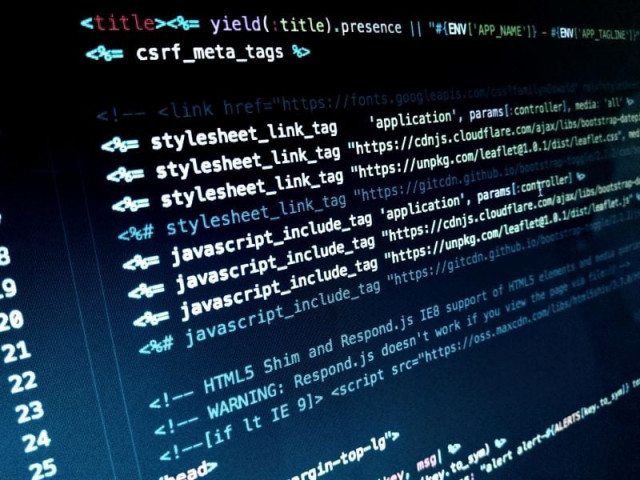National Digital Wallet plan shelved
IT ministry terms proposal unfeasible in briefing to prime minister

The government has shelved the plan of setting up a digital rewards platform of the National Database and Registration Authority (NADRA), called the National Digital Wallet, to promote a cashless economy in the country.
Sources told The Express Tribune that the Ministry of Information Technology and Telecommunication informed Prime Minister Shehbaz Sharif in a recent meeting that the proposal was not feasible and therefore it could not be pursued.
Earlier, the plan was also submitted to the Special Investment Facilitation Council (SIFC) for seeking its consent. The investment body had directed the IT ministry to work out the feasibility of the plan.
Sources said that the IT ministry revealed in a high-level meeting, chaired by the prime minister, that the proposal seemed unfeasible which was why the ministry did not want to pursue it.
Following that argument, the government shelved the National Digital Wallet plan, which was meant to nurture a cashless economy.
Under the proposed plan, 1% of electricity, gas and fuel bills were to be linked to digital rewards. The plan was to be implemented in line with the guidelines to be developed in consultation with all stakeholders.
After getting the nod from relevant stakeholders, the IT ministry was required to submit a summary to the Economic Coordination Committee (ECC) as well as the cabinet for formal approval.
According to the ministry’s recommendations submitted to the SIFC earlier, NADRA was supposed to partner with an Electronic Money Institution (EMI) for launching the digital wallet.
The ministry had planned to issue policy directives to the Pakistan Telecommunication Authority (PTA) for linking airtime credit (easy load) with digital rewards under the digital wallet.
According to the proposals, 10% of every airtime credit of Rs1,000, ie, Rs100, was to be loaded on the digital wallet.
As part of the IT ministry’s initial recommendations, the Ministry of Energy (Power Division) was supposed to link 1% of electricity bills to the digital wallet rewards.
Similarly, the Ministry of Energy (Petroleum Division) was to connect 1% of fuel payments to the digital rewards. It was also required to link 1% of gas bills.
Digital wallet balance was to be made available via OpenAI for fintech apps and services.
The SIFC has played an important role in the timely approval of policies and projects proposed by the IT ministry.
Already, the government has facilitated IT companies by allowing them to keep up to 50% of dollar proceeds in their accounts, which resulted in record IT exports in December 2023.
A world-class training programme has also been launched for 200,000 IT graduates from universities.
In an effort to provide facilities to freelancers under one roof, the government has set up 10,000 e-employment centres. The IT minister believes one million freelancers working in these centres can ramp up IT exports to $10 billion annually.
Now, the PML-N government is working on different initiatives to boost digitalisation in the country. But it has come in for a lot of flak for shutting down Twitter in Pakistan.
In the recent budget, the government has also imposed taxes on mobile handsets, drawing sharp criticism from telecom companies which said the government was pushing the country into dark ages.


















COMMENTS
Comments are moderated and generally will be posted if they are on-topic and not abusive.
For more information, please see our Comments FAQ